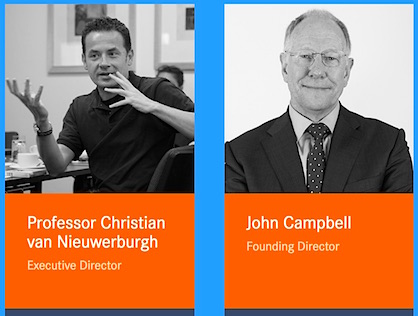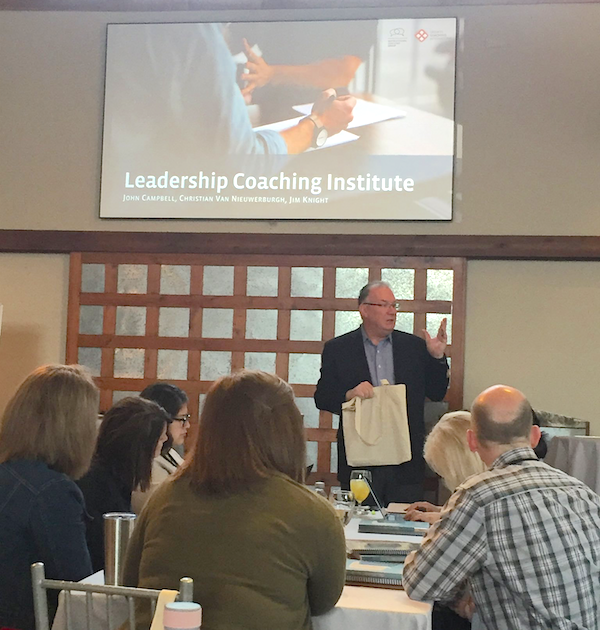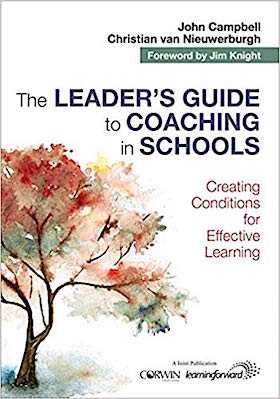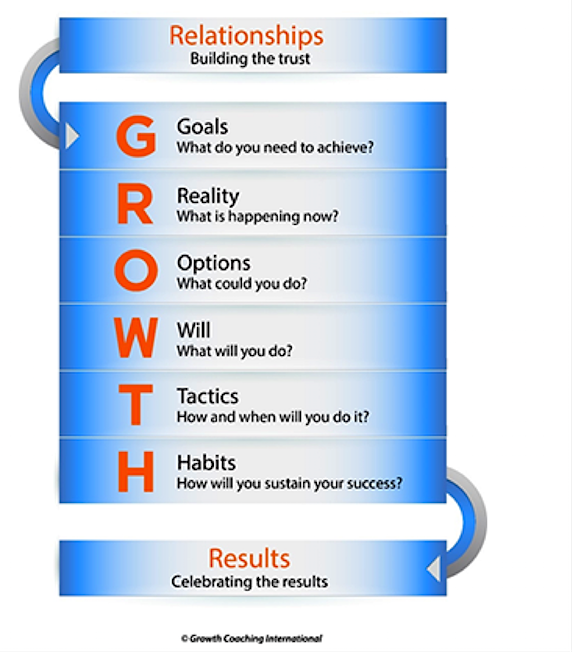 Think about a time when you were working through a particular issue or dilemma. What did you do? With whom did you dialogue?
Think about a time when you were working through a particular issue or dilemma. What did you do? With whom did you dialogue?
Most likely you were able to name at least one person who you trust to share and discuss challenging issues or topics. And, if you are lucky, that person understands and uses the principles of coaching.
In a perfect world, we would all have a relationship with a coach who could help us think through important issues. A dream of mine is that every Alabama educator will one day have access to an instructional or leadership coach.
The power of coaching came to the forefront of my thinking earlier this month when I had the opportunity to spend 72 hours in Kansas with some real global experts.
The Leadership Coaching Institute
This amazing opportunity to learn more about coaching—and be coached—took place at a Leadership Coaching Institute led by Jim Knight, John Campbell, and Christian van Nieuwerburgh. While I was familiar with Jim’s work, I was not aware of the work the other two coaching leaders. At the end of three days, I left with new ideas, new colleagues, and a fresh perspective on coaching.
 John Campbell and Christian van Nieuwerburgh are with Growth Coaching International, based in Australia. (They have a great slogan: Enhancing the quality of conversations in education communities.) Campbell now serves as the founding director, while the UK-based Nieuwerburgh is the new executive director. Both have collaborated with Jim Knight for several years and decided to join forces to share their insights and deep knowledge about coaching.
John Campbell and Christian van Nieuwerburgh are with Growth Coaching International, based in Australia. (They have a great slogan: Enhancing the quality of conversations in education communities.) Campbell now serves as the founding director, while the UK-based Nieuwerburgh is the new executive director. Both have collaborated with Jim Knight for several years and decided to join forces to share their insights and deep knowledge about coaching.
The interactive three days of learning were intense and thought-provoking. The connecting thread throughout our time together was the importance of partnership, and all of our learning was guided by the seven partnership principles identified by Jim Knight.
Thanks to Jim’s thoughtful overview, I gained new insights about each of the principles, and particularly about the principle of choice.
Embedded in Choice is Professionalism
Jim Knight noted that choice might be the most misunderstood of the seven principles. He explained that choice and autonomy involve “responsible accountability.” Calling on coaching pioneer Sir John Whitmore’s work to clarify his point, Knight noted that schools and districts can have certain non-negotiables that educators are expected to honor. Choice comes when educators are given latitude to determine how to honor and implement those non-negotiables.
For example, Knight suggested the following statement to a teacher: “If you are going to teach at this school, you have to get better. How you do that is your choice” [and there are resources and people available to assist].

Nuanced Definitions of Coaching
At the institute, Knight was forthcoming about the different definitions and views of coaching held by Campbell and van Nieuwerburgh.
Knight defines coaching through the eyes of the instructional coach: someone who “partners with teachers to analyze current reality, set goals, identify and explain teaching strategies to meet goals, and provide support until the goals are met” (2017). Implied in this definition is the notion that instructional coaches can provide their coachee with options. The coachee, however, is in the driver’s seat and is empowered to decide which option to select and use. Knight describes this type of coaching as “dialogical coaching.”
Campbell and van Nieuwerburgh’s definition of coaching differs from Knight’s in the belief that the coachee has all the internal resources and judgment needed to determine next steps. The coach’s role is to help them get there using what they call the GROWTH model. Their definition of coaching is:
A one-to-one conversation that focuses on the enhancement of learning and development through increasing self-awareness and a sense of personal responsibility where the coach facilitates the self-directed learning of the coachee through questioning, active listening, and appropriate challenge in a supportive and encouraging climate (Campbell & Nieuwerburgh, The Leader’s Guide to Coaching in Schools, pp. 3-4).
This type of coaching begins with the coachee identifying a goal: something they want to achieve. This is followed by the coach helping the coachee identify the current reality and resources available. Next, the coachee brainstorms different options—possible pathways to attain the identified goal.
Ideally, the coachee generates 4-6 different possibilities. Once the options are on the table, the coachee selects their preferred option (will) and identifies next steps (tactics). Finally, the coach asks the coachee about how s/he might deploy existing strengths to help reach the goal.
To help us see the GROWTH model in action, short videos of coaching sessions were shown. Additionally, I volunteered to be coached in a short session by Christian. Most of the videos—excluding my session—are featured in their book, The Leader’s Guide to Coaching in Schools, a joint 2018 Corwin publication with Learning Forward.
Practice, Practice, Practice
One of the major benefits of the three days of learning was the embedded practice throughout the institute. So much of effective coaching involves effective communication skills: active listening, pausing, paraphrasing, clarifying, questioning, and summarizing. These skills are not necessarily acquired easily and for most require both practice and intentionality. Thankfully, participants were given many opportunities to “live test” these skills together so we could experience the impact these communication skills have on others!
The practice time reminded me of the importance of being fully present—something that is often very hard to do—for those with whom you interact. What a wonderful gift it is to have someone truly listen to you and help you work through something that’s on your mind or a skill you’re trying to master.
Want to Learn More?
I could write lots more about what I learned during my three days in Kansas, but I suspect you’d rather learn directly from the authors. If you are interested in deepening your coaching skills, the following resources are invaluable:
 Unmistakable Impact by Jim Knight (Corwin, 2010) — The book centers around the seven partnership principles and how coaches and principals can use them to advance teaching and learning in their school. This resource is the primary text for our Instructional Partners Network.
Unmistakable Impact by Jim Knight (Corwin, 2010) — The book centers around the seven partnership principles and how coaches and principals can use them to advance teaching and learning in their school. This resource is the primary text for our Instructional Partners Network.- The Impact Cycle by Jim Knight (Corwin, 2017) — Knight’s coaching cycle is explained and is accompanied by videos of two entire coaching cycles led by Knight.
- The Leaders’ Guide to Coaching in Schools by John Campbell and Christian van Nieuwerburgh — Explanation of the GROWTH model of coaching with an eye on leaders, with video resources featured throughout the book.
These books, combined with your commitment to practice and be intentional, may help you become a prime resource to others in need of coaching.


0 Comments on "Three Amazing Days with Three Global Experts on Coaching and Partnerships"